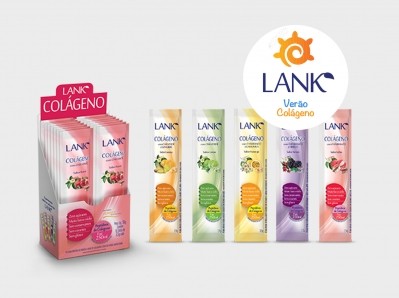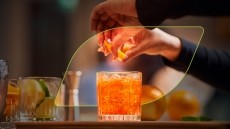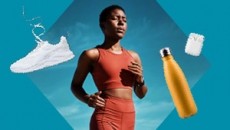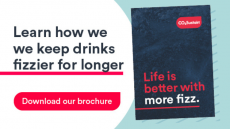‘Girly men’ could opt for alcoholic beauty beverages – Mintel

Research executive Megan Owen noted that beyond “needless and expensive” treatments such as botox injections, Japanese women were leading an alcoholic beauty beverage trend.
Mintel analyst Nica Lewis told BeverageDaily.com that Japan led the way in terms of NPD for foods, drinks and supplements with beauty-enhancing claims, followed by China, the US and India.
According to Mintel, the healthcare category (vitamins/dietary supplements) is the leading category for NPD in the beauty arena, followed by hot beverages (teas, coffees), juice drinks and dairy.
Anti-ageing, healthy skin…
Beauty drink claims range from general: ‘helps maintain healthy skin’, to more specific anti-ageing, slimming, anti-acne, anti-hair loss, claims, Lewis said, as well as ‘no additives/preservatives’ claims.
She added that vitamin C, vitamin E and green tea also continued to feature heavily in NPD for beauty drinks and supplements.
Collagen and hyaluronic acid were Japanese beauty food/drink staples, but EGF (epidermal growth factor) and placenta were some of the newer ingredients appearing on that market, Lewis said.
Recent European beauty drink launches included German product Ocoo Beauty Nectar (pictured) a low-calorie fruit drink that contains zinc and selenium for a claimed anti-ageing effect.
Other ingredients include vitamin B3 and iodine for claimed skincare benefits, vitamin C for collagen build-up and copper for healthy hair.
Metrosexual men
This drink targets women in their 20s and 30s with a beauty ‘pick me up’, and Owen noted that this age group was increasingly a target for skincare brands in a country such as the UK.
“It is also not only beauty products that are found to be appealing, with this group also more likely than average to say that they look out for food and drink product that promise added health benefits,” Owen said.
EU law states that alcohol products over 1.2% ABV cannot make health claims, but Owen said that if manufacturers were able to market products such as TaKaRa, women aged 35+ were probably the best target group, since they were the most likely to tackle wrinkles with skincare products.
Owen said: “As women of this age are also arguably likely to feel more comfortable drinking a wrinkle-busting beverage in the comfort of their own living room, rather than under the watchful eye of potentially judgmental bartenders or other customers, the in-home drinking market seems best-suited to this type of product.”
Owen also pointed to the emergence of ‘girly men’ in the UK, who were more appearance-conscious and open to using body and facial care products.
“Who knows how metrosexual and beauty-oriented lager drinking could become?” she asked.












